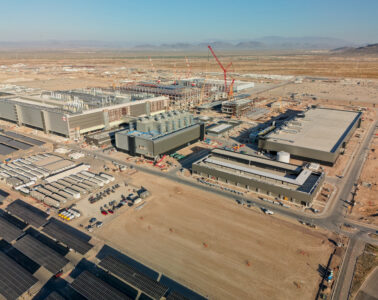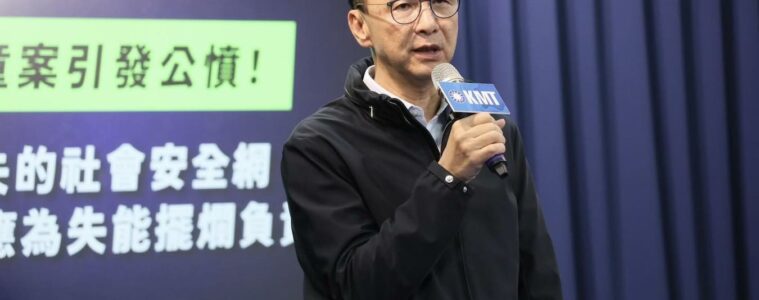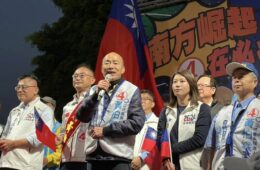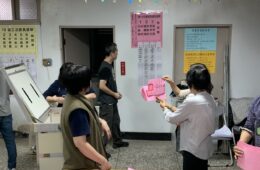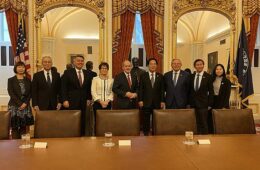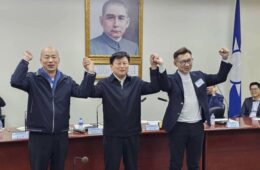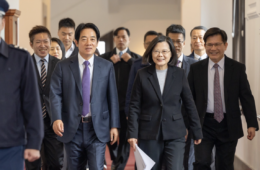With the TPP Set to Vote for Huang Shan-Shan, Will Han Kuo-yu Become Legislative President?
After meeting with both the DPP and KMT in the preceding days, the TPP announced this afternoon that its eight legislators would be voting for Huang Shan-shan for the president of the legislature. This means that the TPP has declined to side with either the DPP or KMT when it comes to voting for the Legislative Yuan president...



